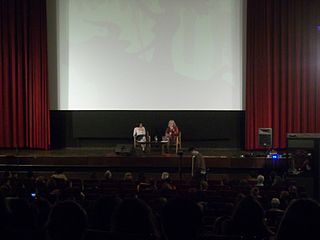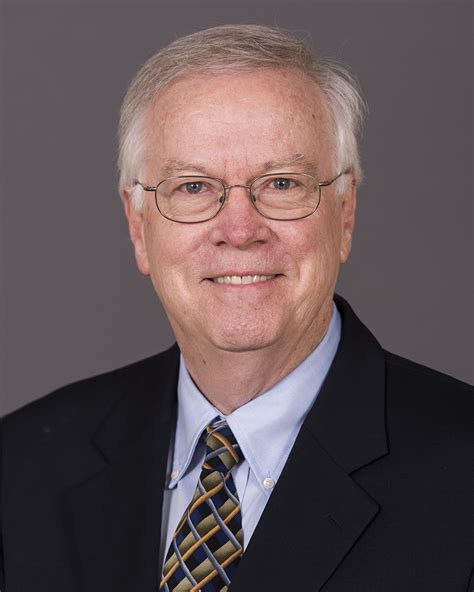A Quote by Renata Salecl
Sigmund Freud already discovered that suffering gives us pleasure - in a strange masochistic way. The tyranny of choice exploits that weakness. Consumer culture exhausts us. We suffer. We destroy ourselves. And we just can't stop.
Related Quotes
For you see, the face of destiny or luck or god that gives us war also gives us other kinds of pain: the loss of health and youth; the loss of loved ones or of love; the fear that we will end our days alone. Some people suffer in peace the way others suffer in war. The special gift of that suffering, I have learned, is how to be strong while we are weak, how to be brave when we are afraid, how to be wise in the midst of confusion, and how to let go of that which we can no longer hold. In this way, anger can teach us forgiveness, hate can teach us love, and war can teach us peace.
It's an essay that Sigmund Freud wrote about E.T.A. Hoffman's short story called "The Sandman" where someone mistakes an inanimate object for a living, breathing human being. And one of the things that Sigmund Freud really felt was that in modern life people assign qualities to objects around them that may not exist there whatsoever.
Even if this is the end of humankind, we dare not take away the chances some other life-form might have to succeed where we failed. If we retaliate, there will not be a dog, a deer, an ape, a bird or fish or lizard to carry the evolutionary torch. In the name of justice, if we must condemn and destroy ourselves, let us not condemn all life along with us! We are heavy enough with sins. If we must destroy, let us stop with destroying ourselves!
A God who chastises our lack of faith, our vices, the little esteem in which we hold dignity and the civic virtues. We tolerate vice, we make ourselves its accomplices, at times we applaud it, and it is just, very just that we suffer the consequences, that our children suffer them. It is the God of liberty ... who obliges us to love it, by making the yoke heavy for us - a God of mercy, of equity, who while He chastises us betters us and only grants prosperity to him who has merited it through his efforts. The school of suffering tempers, the arena of combat strengthens the soul.
In the consumer culture of marriage, commitments last as long as the other person is meeting our needs. We still believe in commitment, because we know that committed relationships are good for us, but powerful voices coming from inside and outside tell us that we are suckers if we settle for less than we think we need and deserve in our marriage. Most baby boomers and their offspring carry in our heads the internalized voice of the consumer culture-to encourage us to stop working so hard or to get out of a marriage that is not meeting our current emotional needs.
The Lord loves us so much that He suffered for us on the Cross; and His suffering was so great that we can't comprehend it. In the same way our spiritual pastors suffer for us, although we often don't see their suffering. The greater the love of the pastor, the greater his suffering; and we, the sheep, should understand this, and love and honor our pastors.
I think love is often a bit selfish, even before we had consumerism. That's not new. A consumer society gives you the illusion of having massive amounts of choice and saddles you with the freedom of being able to dabble in that choice. And at the same time, you are left with the tyranny of self-doubt and uncertainty about whether you made the right choice.
We have become terribly vulnerable, not because we suffer but because we have separated ourselves from each other. A patient once told me that he had tried to ignore his own suffering and the suffering of other people because he had wanted to be happy. Yet becoming numb to suffering will not make us happy. The part in us that feels suffering is the same as the part that feels joy.
Here's the thing about faith: It gives us the strength to go on when we want to give in. It gives us the courage to get up when we want to lie down. It gives us the power to make a way out of no way when there ain't no way. Just as love can't make you strong until love has made you weak, well, faith can't lift you up until life has knocked you down. With faith or without it, we can't stop the waves. But with it, we don't need to. Because with it we can ride the surf.








































